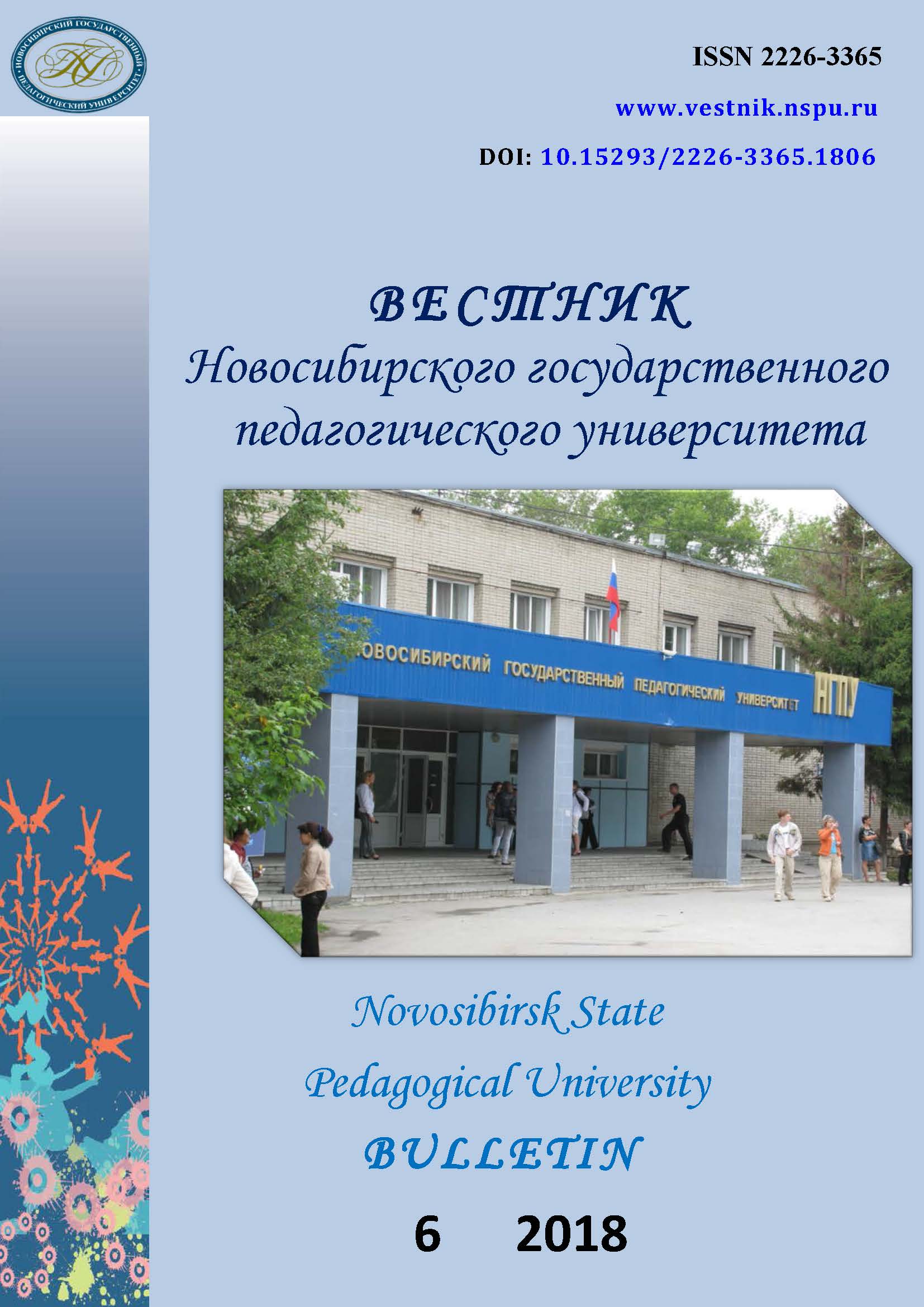Проектирование продуктивного механизма управления миграционными образовательными потоками на основе экономико-математического моделирования
Developing efficient mechanism for management of educational migration flows based on economic and mathematical modelling
Author(s): Oleg Nikolaevich Luchko, Oleg Yurievich Patlasov, Svetlana Khamitanova MukhametdinovaSubject(s): State/Government and Education, Economic development
Published by: Новосибирский государственный педагогический университет
Keywords: Educational migration; Migration balance; Economic and mathematical methods; Questionnaire method; Control factors; Resulting factor; Cognitive modeling
Summary/Abstract: Introduction. The authors investigate the problem of migration flows management in the field of education, based on mathematical and economic modelling. The purpose of the article is to identify the techniques of efficient educational migration management as a part of migration balance. Materials and Methods. The authors utilized such research methods as questionnaires, expert evaluation, economic and mathematical modeling and tools of cognitive modeling in accordance with R. Axelrod’s methodology which is applied for the analysis of open systems containing hardly formalizable links between their components, taking into account the external influence. Results. The analysis of current trends in migration processes has been conducted in the context of globalization and educational migration as their integral part. The features of educational migration flows in the Omsk region and their impact on the migration balance have been revealed. The authors identify controlling factors having most significant influence on the migration balance as a resultant factor depending on the intensity of educational migration and the degree of their mutual influence, taking into account the impact of the external environment. A cognitive model of migration balance has been introduced. It became the basis for a series of simulation experiments with specialized software which allowed to predict the effect of changes in the influence of various controlling factors on the migration balance. Recommendations for an efficient mechanism of managing migration educational flows in the Omsk region have been proposed. Conclusions. In conclusion, the authors summarize the main techniques of efficient educational migration management as a part of migration balance. The study reveals the main control factors influencing the level of migration balance in the Omsk region. Among them are: better quality of higher education in Russia, geographic location, national discrimination and language barriers in the Republic of Kazakhstan, etc. A system of measures to manage educational migration flows as the most important components of the migration balance, taking into account the specifics of the Omsk Region, has been developed.
Journal: Вестник Новосибирского государственного педагогического университета
- Issue Year: 8/2018
- Issue No: 6
- Page Range: 183-199
- Page Count: 17
- Language: Russian

